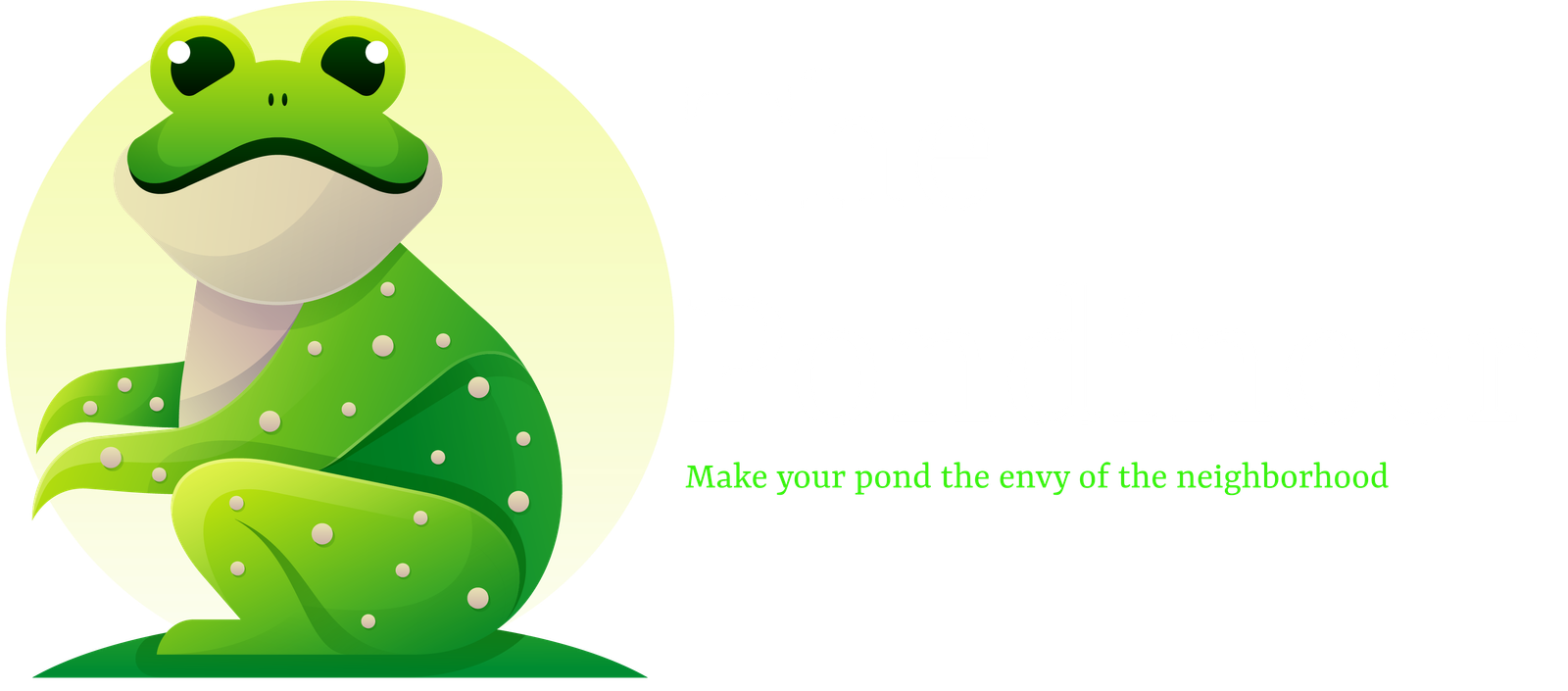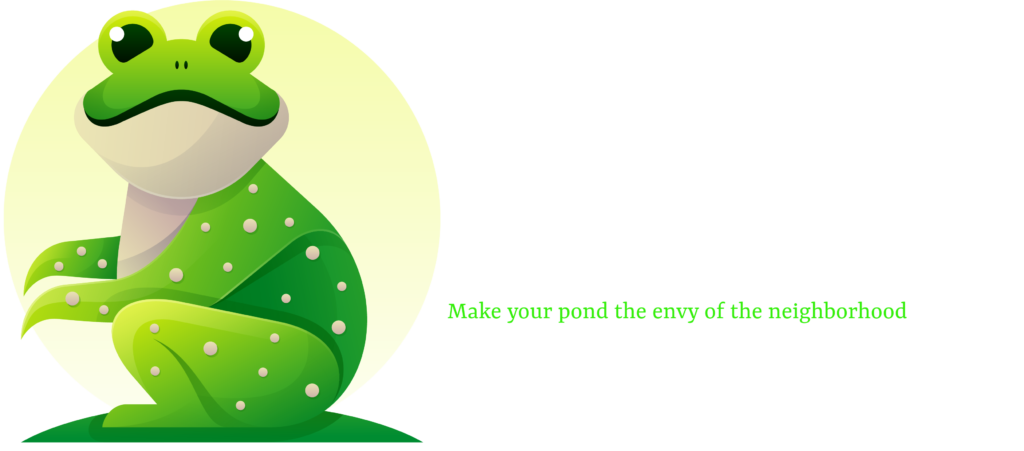Water boatmen are tiny insects with brown bodies and intricate crosslines, perfectly suited for life in calm waters like ponds and slow rivers. These insects are crucial for maintaining the balance in pond ecosystems by keeping algae and mosquito larvae populations in check. Peaceful creatures, water boatmen cling to plants, using air bubbles to stay underwater for long periods. Their natural camouflage helps them evade predators such as fish and birds. By consuming algae, detritus, and small aquatic creatures, water boatmen play a vital role in ensuring the well-being and stability of pond habitats. Dive deeper into the world of these remarkable insects and their significant contributions to pond ecosystems.
Some of the links in this article may be affiliate links. If you make a purchase through these links, we may earn a small commission at no extra cost to you. Thank you.
Appearance and Characteristics
Water boatmen are easily recognizable by their distinctive brown bodies with intricate crosslines. These small aquatic insects have unique color patterns and behaviors that help them blend into their surroundings. Their flat backs and blunt mouthparts are key physical features that aid in their survival. Water boatmen have adaptations such as swimming upright and anchoring themselves to vegetation, which allow them to feed on algae, detritus, and small aquatic organisms efficiently. They are peaceful and non-aggressive, preferring to swim away when approached. These physical features and adaptations make water boatmen well-suited to their aquatic habitats, where they play a vital role in maintaining ecological balance by controlling algae and serving as a food source for other wildlife.
Habitat and Lifestyle
Water boatmen thrive in slow-moving waters, such as stagnant ponds and gentle rivers, where they cling to vegetation and surface periodically for air. These habitats are crucial for their unique mating behaviors, like stridulation to attract partners, leading to swarms during the mating season. Additionally, their ability to trap air bubbles enables them to stay submerged for extended periods, showcasing their remarkable environmental adaptation. Despite their brown color and flat backs providing camouflage against predators like fish and birds, water boatmen still face significant predation risks that impact their population dynamics. By understanding their habitat and lifestyle, we gain insight into the essential role water boatmen play in the ecosystem of ponds.
Feeding Habits

Water boatmen are commonly found in slow-moving waters where they play a crucial role in pond ecosystems. Their diet consists of algae, detritus, and small aquatic organisms, making them key players in maintaining the balance of these habitats. By consuming algae, they help control its growth, which can otherwise harm water quality. Moreover, water boatmen contribute to managing mosquito populations by feeding on mosquito larvae, reducing the risk of diseases spread by these insects. Their presence not only supports a cleaner environment but also provides a food source for other wildlife in ponds. Overall, the feeding habits of water boatmen significantly contribute to the health and stability of aquatic ecosystems.
Ecological Importance
Water boatmen play a crucial role in pond ecosystems by helping to maintain balance and water quality. By consuming algae and detritus, they prevent algae overgrowth, which can harm aquatic life by depleting oxygen levels. Additionally, water boatmen contribute to nutrient cycling by aiding in the decomposition process and recycling essential nutrients back into the ecosystem. As prey for various species, they support the populations of fish, amphibians, and birds, thus playing a vital role in the food chain. In essence, water boatmen have a significant ecological impact, ensuring the health and stability of pond environments.
Behavior and Interaction

Water boatmen display intriguing behaviors that help them thrive in pond ecosystems. During mating season, they produce sounds through stridulation to attract mates, leading to swarming for successful reproduction. To evade predators, water boatmen anchor themselves to vegetation, camouflaging effectively. Their presence is crucial in regulating algae and mosquito larvae populations, maintaining ecosystem balance. By consuming detritus and small insects, they contribute to keeping pond water clean. These behaviors highlight their adaptability and significant role in sustaining pond ecosystem health and equilibrium.
Facts Vs. Myths
Understanding the behaviors of water boatmen can help clarify misconceptions and shed light on the fascinating facts about these pond-dwelling creatures. Contrary to popular belief, water boatmen do not swim on their backs; that behavior actually belongs to backswimmers. Proper identification can help differentiate between the two. Notably, water boatmen are harmless to humans, as they do not possess mouthparts capable of biting or stinging.
Interesting facts about water boatmen:
- They create sounds through stridulation to attract mates.
- Their diet consists mainly of algae, detritus, and small aquatic organisms.
- Water boatmen play a crucial role in controlling mosquito larvae populations.
With their unique behaviors and ecological importance, water boatmen prove to be essential to pond ecosystems, dispelling myths and showcasing their true value.
Reader Engagement

Encouraging active participation from readers in the comments section creates a lively community where people can exchange insights, ask questions, and deepen their knowledge about water boatmen and pond ecosystems. By prompting readers to share their experiences, the article opens up opportunities for personal stories that can enhance collective understanding. Readers can inquire about water boatmen's behaviors, benefits, or how to identify them, sparking interactive conversations. This interaction not only resolves queries but also uncovers fresh perspectives and information. Authors or experts can engage with comments, offering further insights and fostering a sense of connection. Such engagement cultivates a knowledgeable community where everyone contributes to a richer appreciation and comprehension of these intriguing pond dwellers.
Conclusion
In summary, water boatmen are like the unsung heroes of pond ecosystems, quietly maintaining balance and contributing to ecological health. Their role in controlling algae growth, serving as a food source, and supporting the overall habitat showcases their significance. By debunking myths and understanding their behaviors, we can truly appreciate the vital function these small insects play in pond environments. Despite their often unnoticed presence, water boatmen have a substantial impact on the intricate web of life within ponds, proving that even the tiniest creatures can have a profound effect on nature.

